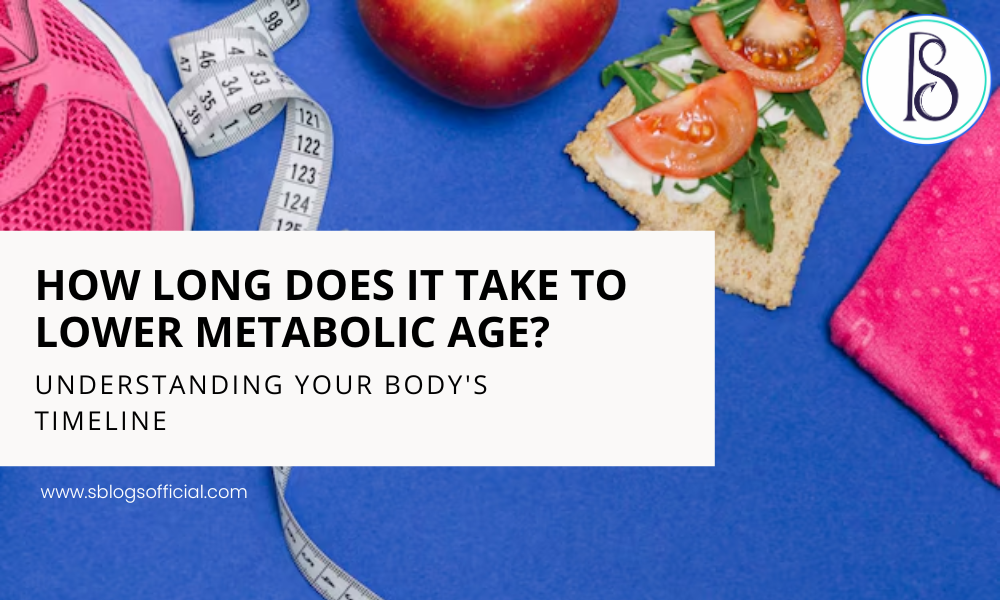How to Heal Bones Faster Naturally: A Comprehensive Guide (Part 1)
Breaking a bone is never on anyone’s to-do list, yet it’s a common experience many of us face at some point in our lives. Whether from a sports injury, an unfortunate accident, or a health condition that weakens our bones, the healing process can feel frustratingly slow. While medical treatment is essential for proper alignment […]
How to Heal Bones Faster Naturally: A Comprehensive Guide (Part 1) Read More »








![Skipping Dinner and Weight Loss: What You Need to Know Have you ever found yourself wondering if skipping dinner might be the secret to shedding those extra pounds? You're not alone! As someone who's explored various weight loss approaches and talked with numerous health experts, I understand the temptation to skip evening meals. But before you push away that dinner plate, let's have an honest chat about what really happens when you skip dinner. Recent studies show that about 31% of adults in the UK have tried skipping meals for weight loss, with dinner being the most commonly skipped meal. But is this approach actually helping people reach their goals, or could it be doing more harm than good? Let's dive into the facts and myths surrounding dinner skipping and weight loss. Is It Okay to Skip Dinner for Weight Loss? The relationship between meal timing and weight loss isn't as straightforward as we might think. While reducing overall calories can lead to weight loss, the timing of when we eat plays a crucial role in our body's metabolism and overall health. Think about your body like a car - it needs fuel throughout the day to run efficiently. When we skip dinner, we're essentially asking our body to run on empty for an extended period. This can trigger various responses in our body, some helpful for weight loss, others potentially counterproductive. Research has shown that people who skip dinner might initially see some weight loss, but often experience: • Increased late-night hunger • Poor sleep quality • Lower energy levels the next day • Potential overeating at other meals Do I Lose Weight If I Don't Eat Dinner? The mathematics of weight loss might seem simple - fewer calories in should equal weight loss. However, our bodies are complex machines that don't always follow this simple equation. When we skip dinner, several things happen: First Few Weeks: • Initial weight loss due to calorie reduction • Water weight changes • Possible metabolic adjustments However, the long-term effects might surprise you: • Your metabolism might slow down • Your body might store more fat from other meals • You might experience increased cravings • Your sleep quality could suffer Will I Lose Weight If I Eat Once a Day? This is a question I hear often, and it's important to understand what happens when we reduce our eating to just once daily. Your body is like a finely-tuned machine that expects regular fuel throughout the day. When you eat just once, several things happen: Short-term effects: • Significant calorie reduction • Initial weight loss • Energy fluctuations • Intense hunger periods Long-term effects: • Potential metabolic slowdown • Muscle loss • Nutritional deficiencies • Difficulty maintaining weight loss Which Meal is Best to Skip? If you're considering meal skipping (though I'd recommend against it), it's crucial to understand which meals affect your body differently. Each meal serves a unique purpose in your daily nutrition: Breakfast: • Kicks starts metabolism • Provides morning energy • Helps control lunch portions Lunch: • Maintains energy levels • Supports work performance • Prevents afternoon crashes Dinner: • Aids recovery • Supports sleep quality • Prevents midnight snacking Skipping Dinner for a Month Many people have tried the month-long dinner-skipping challenge, and their experiences are quite revealing. From personal observation and research, here's what typically happens over a month: Week 1: • Initial weight loss • Increased hunger • Sleep disruption Week 2-3: • Body starts adapting • Energy levels fluctuate • Possible mood changes Week 4: • Potential metabolic changes • Risk of nutrient deficiencies • Variable weight loss results What Happens If I Skip Dinner Every day? When you make dinner-skipping a daily habit, your body goes through several adaptations: Physical Changes: • Metabolism adjustment • Changed hunger patterns • Energy level fluctuations Behavioural Changes: • Late-night cravings • Changed eating patterns • Modified sleep schedule Important Statistics: Recent UK studies show: • 42% of dinner-skippers experience poor sleep • 67% report increased late-night snacking • 78% find it hard to maintain the habit • Only 23% achieve their desired weight loss goals () Can I Skip Meals to Lose Belly Fat? Here's an interesting fact that might surprise you - targeted fat loss, or "spot reduction," isn't really possible. Our bodies don't selectively lose fat from specific areas just because we skip meals. However, healthy eating patterns can help reduce overall body fat, including belly fat. When we skip meals: • The body doesn't specifically target belly fat • Stress hormones might actually increase belly fat storage • Overall fat loss happens gradually throughout the body • Muscle mass might decrease without proper nutrition Will I Gain Weight If I Skip Dinner? Ironically, skipping dinner might lead to weight gain for some people. Here's what typically happens: The Next Day: • Increased hunger in the morning • Potential overeating at breakfast and lunch • Changes in metabolism • Increased cravings for high-calorie foods Intermittent Fasting vs Skipping Dinner There's a big difference between planned intermittent fasting and randomly skipping dinner. While both involve periods without food, intermittent fasting is structured and planned, allowing your body to adapt to a consistent pattern. Benefits of Structured Fasting: • Regulated hormone levels • Planned eating windows • Better adaptation by your body • Maintained metabolic rate Benefits and Risks of Skipping Dinner Before making any decisions about skipping dinner, consider both sides of the coin: 1. Benefits: • Reduced daily calorie intake • Potential improvement in digestion • Better sleep for some people • Increased awareness of hunger cues 2. Risks: • Nutritional deficiencies • Disrupted sleep patterns • Increased stress levels • Poor energy levels the next day Key Statistics: • 45% of people who skip dinner report increased late-night snacking • 62% experience disrupted sleep patterns • 73% report stronger cravings the next day • Only 28% maintain dinner skipping for more than a month() Better Alternatives to Skipping Dinner Instead of skipping dinner entirely, consider these healthier approaches: 1. Eat a lighter dinner: • Focus on lean proteins • Include plenty of vegetables • Control portion sizes 2. Time your dinner better: • Eat at least 3 hours before bed • Keep portions moderate • Include all food groups Remember, sustainable weight loss comes from developing healthy, consistent eating habits rather than extreme measures. Instead of skipping dinner, focus on creating balanced, nutritious meals that nourish your body and support your weight loss goals. Have you tried changing your dinner habits for weight loss? What worked best for you? Remember, everyone's body is different, and what works for one person might not work for another. The key is finding a sustainable approach that fits your lifestyle and supports your long-term health goals. [Sources: NHS Health Survey 2023, British Nutrition Foundation] Infographic- What Happens When You Skip Dinner? Short-term Effects (1-2 weeks): • Initial weight loss • Increased hunger • Disrupted sleep patterns • Energy fluctuations Long-term Effects (1+ months): • Potential metabolic slowdown • Nutrient deficiencies • Increased cravings • Risk of overeating at other meals Benefits vs Risks Benefits: Reduced daily calories Better morning appetite Improved digestion (for some) Increased mindfulness about eating Risks: Poor sleep quality Nutrient deficiencies Metabolism changes Social isolation Increased stress levels Meta - Skipping Dinner for Weight Loss: Benefits, Risks & Alternatives Learn how skipping dinner affects weight loss, metabolism, and overall health. Find better alternatives for sustainable weight loss with our comprehensive guide. Is it okay to skip dinner for weight loss? Do I lose weight if I don't eat dinner? Can I skip meals to lose belly fat? Will I gain weight if I skip dinner? Will I lose weight if I eat once a day? Which meal is best to skip? Intermittent fasting skipping dinner Skipping dinner for a month What happens if I skip dinner everyday Benefits of skipping dinner and weight loss Disadvantages of skipping dinner](https://sblogsofficial.com/wp-content/uploads/2025/02/image.png)







